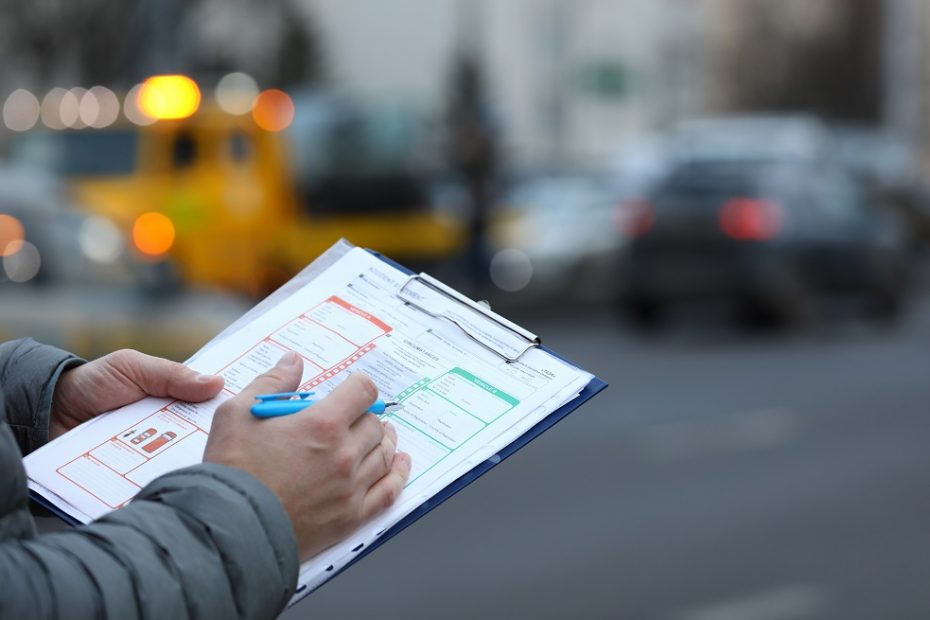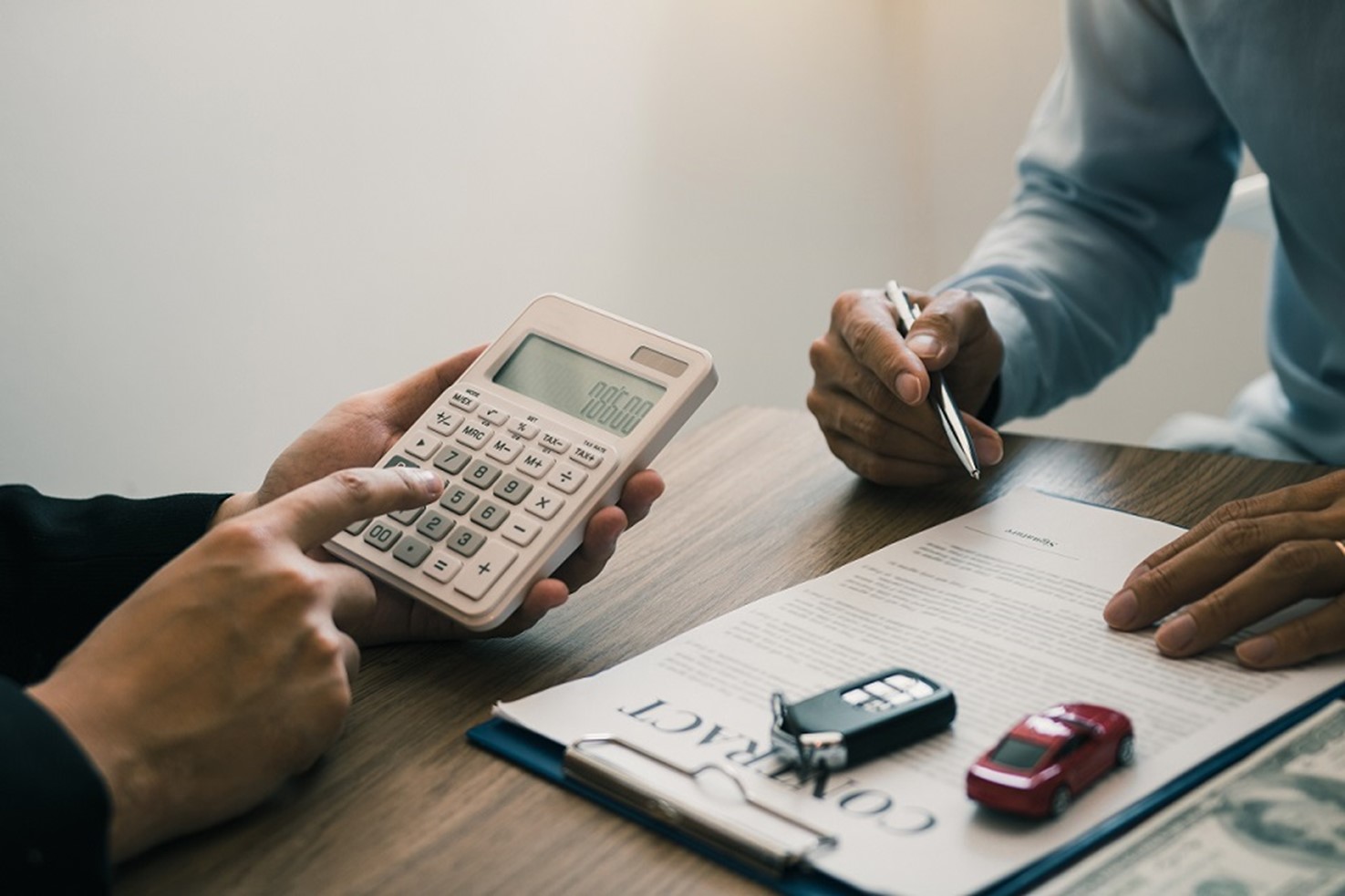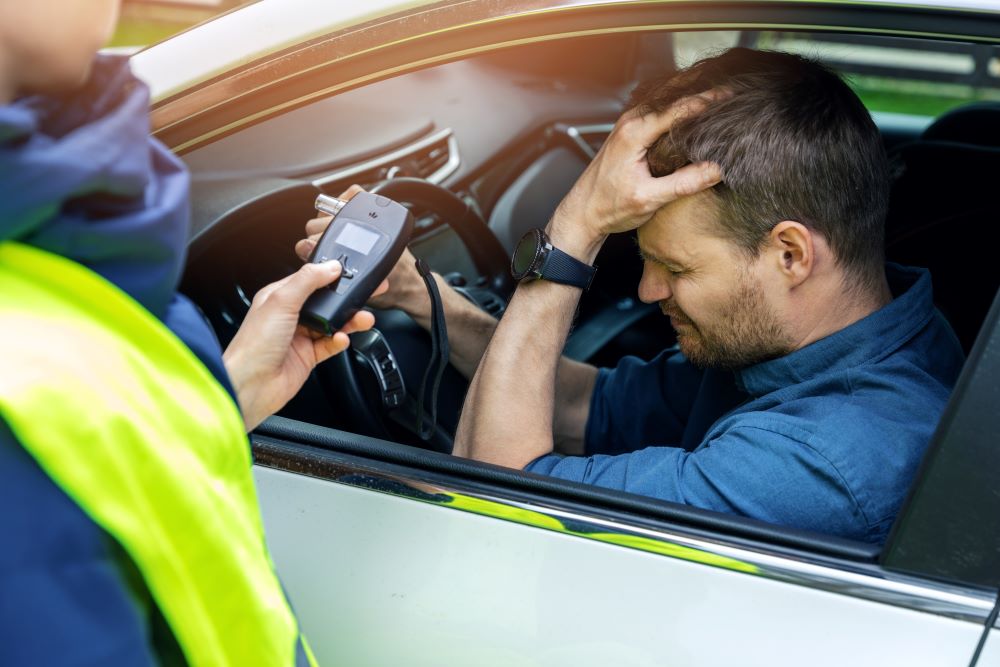Car accidents can happen to anyone, at any time. Whether it’s a minor collision or a serious accident, the consequences can be devastating for everyone involved. It’s important to know what to do in the event of an accident, and how to write a thorough car accident report.
Me Bégin, who has been an SAAQ lawyer for road accident victims since 1992, describes everything you need to know about filing a police report after a car accident in Quebec.
What is a car accident report?
A car accident report is an official document that records the circumstances and details of an accident. It can be used as evidence in the event of litigation. A valid accident report must include several key elements:
- Information about the drivers: The names, addresses and telephone numbers of all drivers involved in the accident, and all vehicle registration numbers.
- Details surrounding the accident: A detailed description of the collision, including accident time, location, the direction each vehicle was heading and the speed at which they were traveling. Remember to indicate whether drivers obeyed any relevant traffic lights or signs.
- Details concerning the damage: A detailed description with photos of the damage to each vehicle and to any public or private property.
- Eyewitness testimony: The names and contact information of any eyewitnesses. Be sure to add their testimonies to the document.
- Insurance information: The names and contact information of each driver’s insurance company, and their insurance policy numbers.
- Police reports: If police were called to the scene of the accident, include the police report number and the contact information for the officer who handled the case.
Note that writing a car accident report can be complex and time consuming. If you are not sure how to write an accident report correctly, contact your insurance company or consult an insurance lawyer.
Is it mandatory to file a police report after a car accident?
In Quebec, a police officer doesn’t need to be called to the scene of a minor accident. If there are no injuries involved, you are under no obligation to file a police report about the incident. However, if you intend to file a claim for compensation after a car accident, it is always better to file a police report so that you can provide your insurance company with detailed information.
If someone is injured, whether it is slight or serious, call emergency services right away – before filling out a police report.
What type of accident do I need a police report for?
If you have insurance, we highly recommend that you obtain a police report if:
- Your vehicle is the subject of theft or attempted theft
- Your vehicle is vandalized
- You are hit by a car (required by companies that offer excess waiver insurance)
- You are involved in a major collision with another vehicle
- You are the victim of a criminal act such as mugging (robbery) on the road.
In Quebec, you can obtain a police report several hours or even days after an accident.
Joint Report: the best option for a minor accident
If you are the victim of a minor car accident, or “fender-bender”, we recommend filling out an accident report. If you do, you won’t need to call the police.
A joint report contains a precise, objective description of a car accident. It will help your insurance company identify the guilty party, determine the damages and promptly begin to process your claim.
When should a Joint Report be filled out?
Although there is no mandatory time frame, it is best to fill out a Joint Report right after an accident and submit it to your insurance company immediately.
The other driver may refuse to fill out the Joint Report. In this case, jot down their license plate number(s) and take a few photos of the accident.
You can get a free copy of the Joint Report from the Groupement des assureurs automobile (GAA):
- By calling 1-877-288-4321,
- On the GAA website, or
- By downloading the app
Example of a police report for a car accident
Here is a sample of a police report describing a car accident. Please note that police reports vary depending on the jurisdiction, but the key elements are generally similar.
Report number: Date and time of accident: XX/XX/XXXX at XXhXX Location of accident: Street, Area;
Accident Description: Vehicle #123 XXX was traveling northbound on X Street when vehicle #345 XXX, traveling southbound, turned left without signaling and struck vehicle #123 XXX.
Damage: Vehicle 123 XXX sustained significant damage to the right front end, including damage to the body and headlights. Vehicle 345 XXX sustained minor damage to the left front.
Drivers Involved: The driver of vehicle 123 XXX is Mr. X , born XX/XX/1990, and residing at ‘Street Name’, Quebec. The driver of the vehicle 345 XXX is Mrs XX, born on XX/XX/1980, and residing at ‘Street name’, Quebec.
Witnesses: Mrs. XX, residing at ‘Street Name’, Quebec, witnessed the accident and provided testimony.
Insurance: Mr. X is insured by ABC Insurance Company, with policy number XXXX. Ms. XX is insured by DEF Insurance Company with policy number XXXX.
Police Officer: The police officer in charge of the case is Mr. A, badge number 123456, residing at ‘Street Name’, Quebec.
What is a hit and run?
A hit and run is a criminal act. It takes place when a driver involved in a car accident leaves the scene without providing information to the other drivers or authorities.
According to the Canadian Criminal Code, a hit and run is a serious offence punishable by fine and/or imprisonment. Even if an accident appears to be minor, leaving the scene is illegal and has serious consequences.
What to do if you are the victim of a hit-and-run
- Note all the information you remember about the driver and the vehicle: car brand, model, color, license plate number, and driver appearance.
- Contact the police as soon as possible: file a police report within 48 hours of the accident.
- Collect any additional details from eyewitnesses and note their contact information.
- Take photos of the damage to your vehicle
- Contact your insurance company to report the incident and provide the police report number.
If your insurance policy includes coverage for damage resulting from a collision with another vehicle, the company will assess the damage and compensate you accordingly.
If you are not covered as a victim of a hit-and-run, be aware that the SAAQ (Société de l’assurance automobile du Québec) offers Quebec residents compensation to cover damage to cars and some other types of property.
Good to Know: Read our article about filing a claim with the SAAQ after a car accident to learn about appropriate procedure and required documentation for making a claim with the SAAQ.
Hit-and-run: consequences for the driver
A driver who commits a hit-and-run can be prosecuted. Consequences may include:
- Fines
- Suspension of their driver’s license
- Jail time
Contact an experienced lawyer to file a claim with the SAAQ
Whether you are responsible for a car accident or the victim of one, it can be difficult to act rationally. However, it is important to know what to do, as being involved in a car accident can be a turning point in your life for both your health and finances.
With 30 years of experience, you can trust Me Bégin to help you defend yourself or receive compensation. We are committed to offering outstanding service and will guide you through the entire process.
Contact us by phone at (514) 509 – 7852 or by filling out our contact form to explain your situation, and we will contact you as soon as possible.



